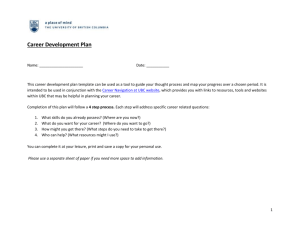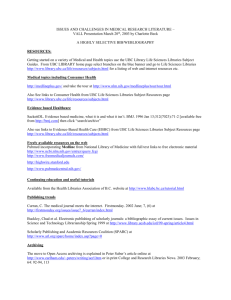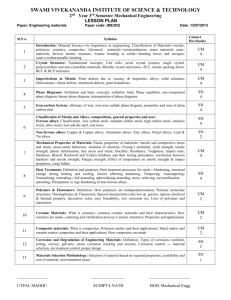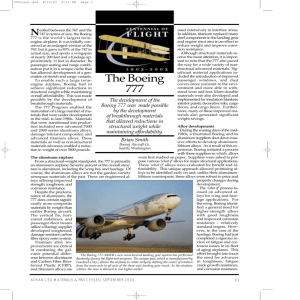Dr. Warren Poole - Master of Engineering Leadership
advertisement
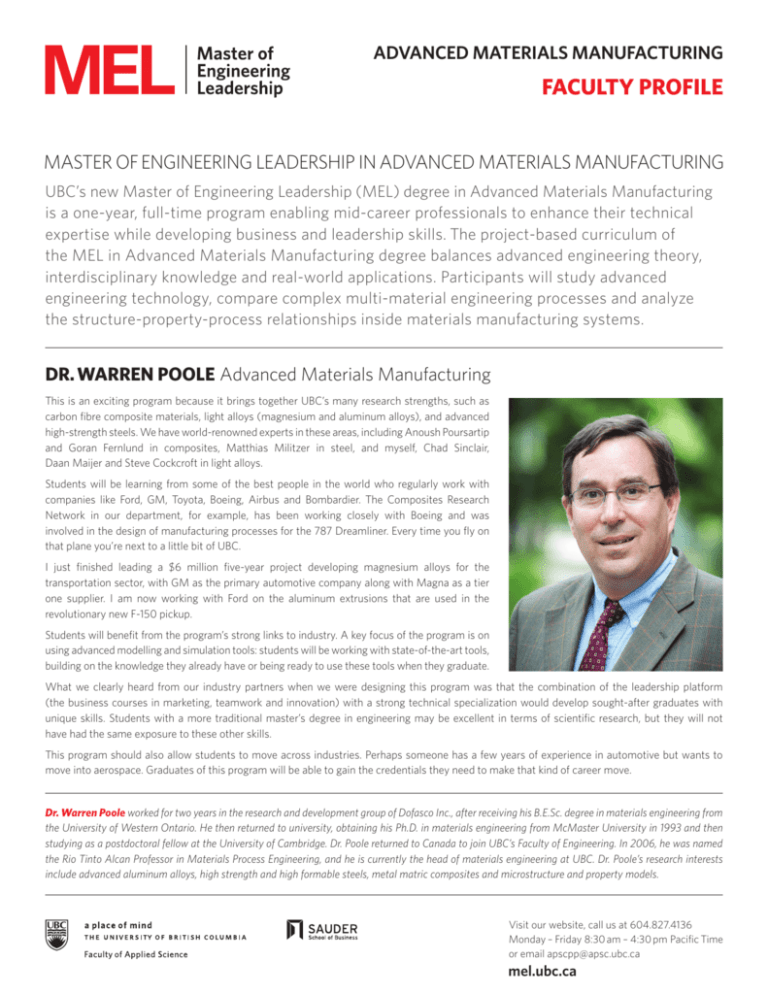
ADVANCED MATERIALS MANUFACTURING FACULTY PROFILE MASTER OF ENGINEERING LEADERSHIP IN ADVANCED MATERIALS MANUFACTURING UBC’s new Master of Engineering Leadership (MEL) degree in Advanced Materials Manufacturing is a one-year, full-time program enabling mid-career professionals to enhance their technical expertise while developing business and leadership skills. The project-based curriculum of the MEL in Advanced Materials Manufacturing degree balances advanced engineering theory, interdisciplinary knowledge and real-world applications. Participants will study advanced engineering technology, compare complex multi-material engineering processes and analyze the structure-property-process relationships inside materials manufacturing systems. DR. WARREN POOLE Advanced Materials Manufacturing This is an exciting program because it brings together UBC’s many research strengths, such as carbon fibre composite materials, light alloys (magnesium and aluminum alloys), and advanced high-strength steels. We have world-renowned experts in these areas, including Anoush Poursartip and Goran Fernlund in composites, Matthias Militzer in steel, and myself, Chad Sinclair, Daan Maijer and Steve Cockcroft in light alloys. Students will be learning from some of the best people in the world who regularly work with companies like Ford, GM, Toyota, Boeing, Airbus and Bombardier. The Composites Research Network in our department, for example, has been working closely with Boeing and was involved in the design of manufacturing processes for the 787 Dreamliner. Every time you fly on that plane you’re next to a little bit of UBC. I just finished leading a $6 million five-year project developing magnesium alloys for the transportation sector, with GM as the primary automotive company along with Magna as a tier one supplier. I am now working with Ford on the aluminum extrusions that are used in the revolutionary new F-150 pickup. Students will benefit from the program’s strong links to industry. A key focus of the program is on using advanced modelling and simulation tools: students will be working with state-of-the-art tools, building on the knowledge they already have or being ready to use these tools when they graduate. What we clearly heard from our industry partners when we were designing this program was that the combination of the leadership platform (the business courses in marketing, teamwork and innovation) with a strong technical specialization would develop sought-after graduates with unique skills. Students with a more traditional master’s degree in engineering may be excellent in terms of scientific research, but they will not have had the same exposure to these other skills. This program should also allow students to move across industries. Perhaps someone has a few years of experience in automotive but wants to move into aerospace. Graduates of this program will be able to gain the credentials they need to make that kind of career move. Dr. Warren Poole worked for two years in the research and development group of Dofasco Inc., after receiving his B.E.Sc. degree in materials engineering from the University of Western Ontario. He then returned to university, obtaining his Ph.D. in materials engineering from McMaster University in 1993 and then studying as a postdoctoral fellow at the University of Cambridge. Dr. Poole returned to Canada to join UBC’s Faculty of Engineering. In 2006, he was named the Rio Tinto Alcan Professor in Materials Process Engineering, and he is currently the head of materials engineering at UBC. Dr. Poole’s research interests include advanced aluminum alloys, high strength and high formable steels, metal matric composites and microstructure and property models. Visit our website, call us at 604.827.4136 Monday – Friday 8:30 am – 4:30 pm Pacific Time or email apscpp@apsc.ubc.ca mel.ubc.ca


![July 31 Connect eupdate DRAFT [1]](http://s3.studylib.net/store/data/008100166_1-21bd0e395dcbfd67aaad5f18dd4ec08e-300x300.png)


